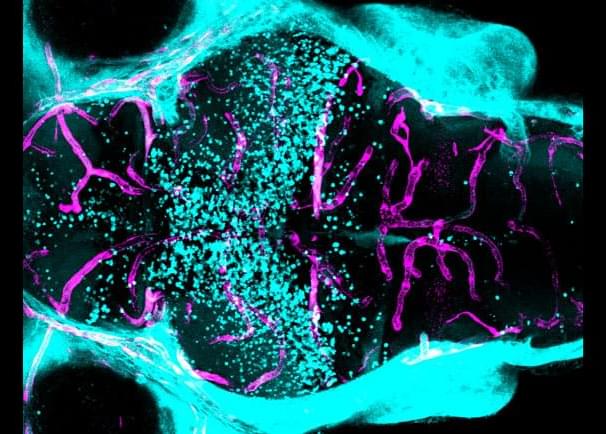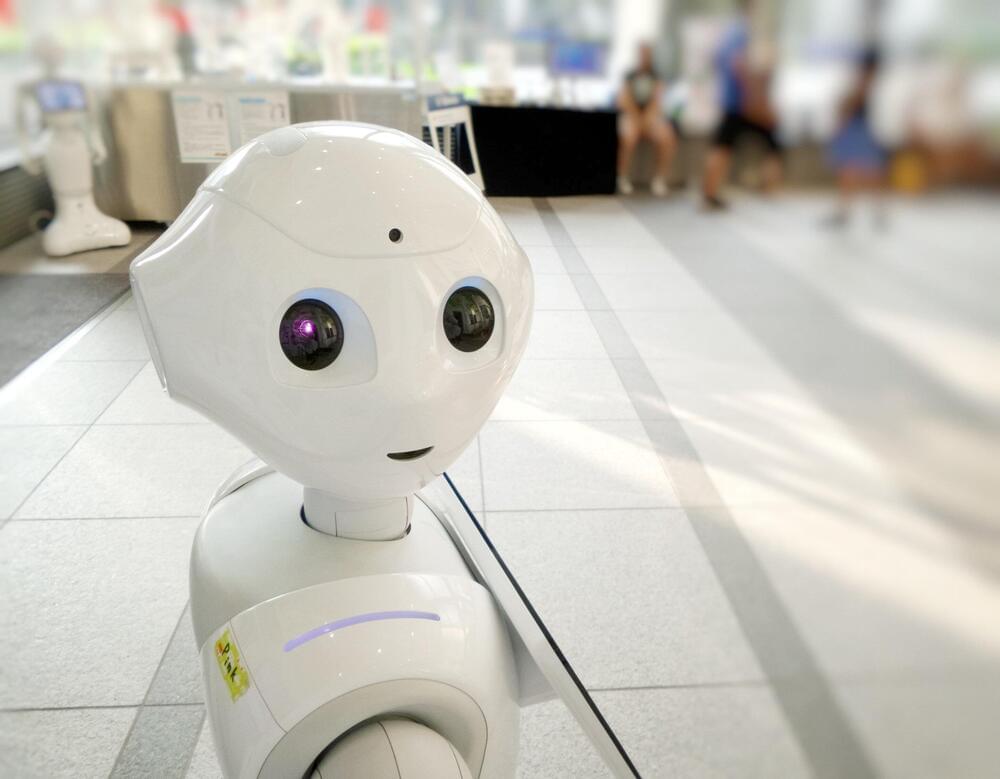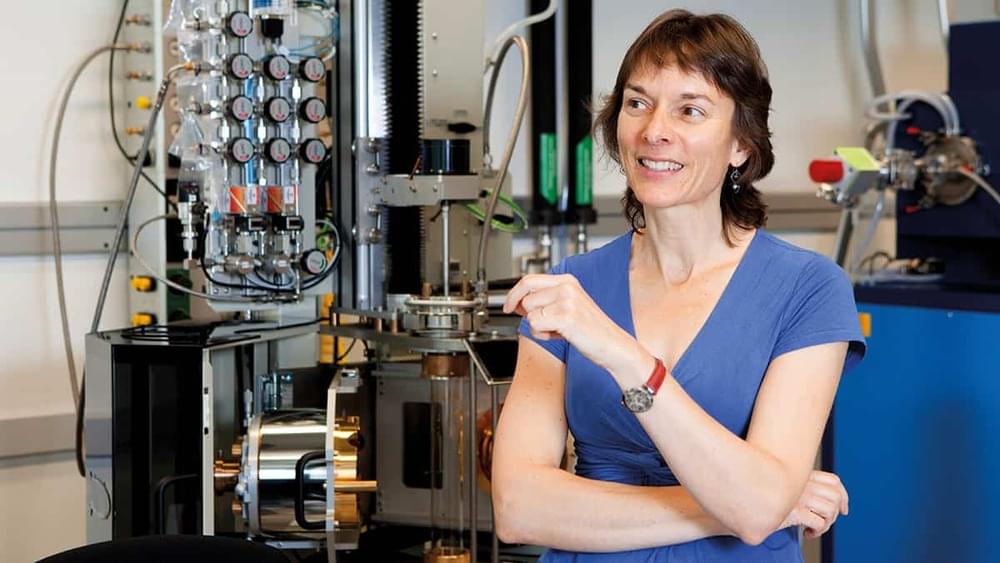Jul 14, 2023
Research Highlights: Investigating Associations of Obesity with Colorectal and GI Cancers
Posted by Shubham Ghosh Roy in category: biotech/medical
Scientists consider the role of overweight and obesity in increasing the risk for gastrointestinal cancers to be well established, with colorectal cancers the most common of these malignancies in the United States. According to National Cancer Institute (NCI) data, an estimated 153,020 men and women in the U.S. will be diagnosed with colorectal cancer in 2023, and 52,550 are expected to die of this disease. In two recent studies, researchers addressed the impact of overweight, obesity, and body mass index (BMI) on colorectal and non-colorectal gastrointestinal (GI) cancers at different stages of adult life, as well as the association of BMI and different molecular subtypes in colorectal cancers.
Obesity, BMI, and Cancer Across the Lifespan
In a new retrospective cohort study, researchers found that being overweight or obese in early and middle adulthood increases the risk for developing colorectal and non-colorectal GI cancers throughout a person’s lifetime. Even when an individual starts out as underweight or falls within a normal BMI as a young adult, the risk rises if they later become overweight or obese, according to the research.


















